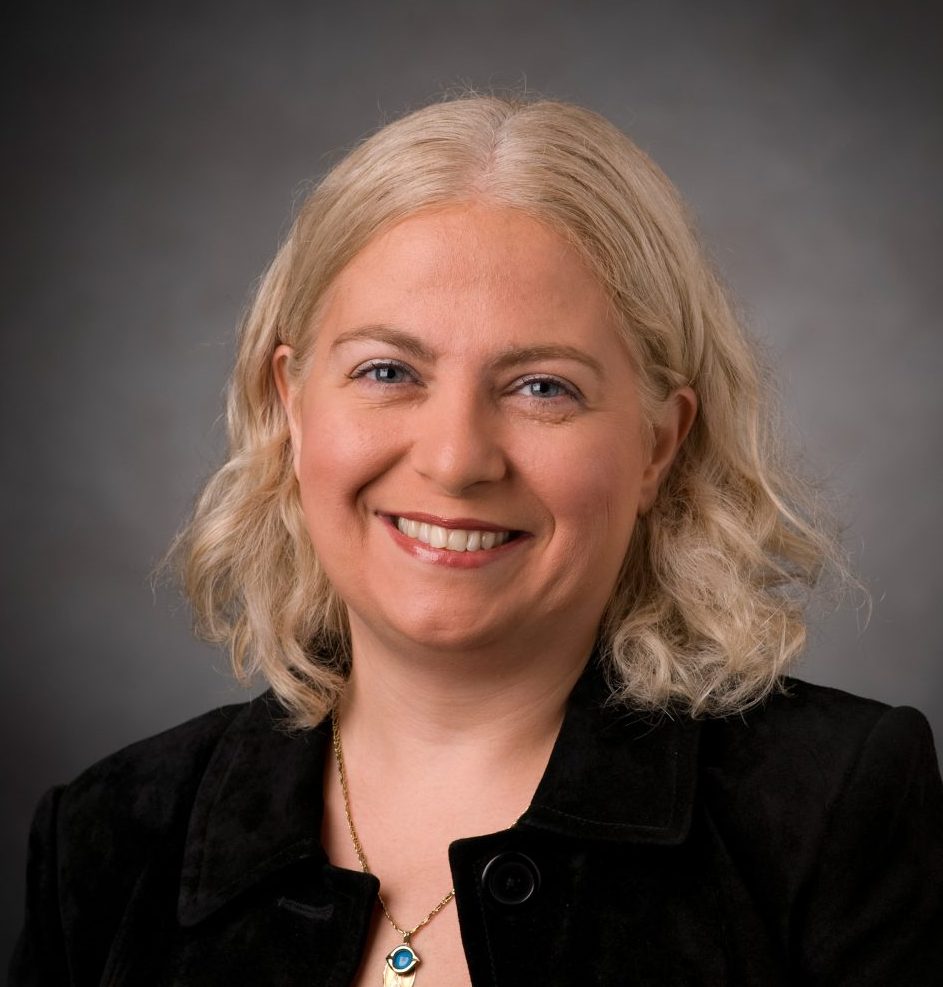
- This event has passed.
ESE Seminar: “Information Security for the Connected World”
October 18, 2019 at 3:00 PM - 4:00 PM
Abstract: An all-wireless vision connecting billions of devices is finally in sight with the Internet-of-Everything paradigm. This vision entails large networks with dynamic connectivity, ad hoc formation and heterogeneous nodes. Central to be able to integrate all our lives to this massive virtual domain is security and privacy of the information that flows through it. Current wireless systems have security of information as an add-on to current design, and rely on application layer protocols, which have worked well for the scale and the resources of the systems to date. Going forward however, with massive scale formation of networks of asymmetric resources, these protocols involving key exchanges and shared randomness for security may prove to be less than practical.
Securing information at the foundation of system design can alleviate these issues by replacing or strengthening the present cryptographic solutions. This foundational design approach brings us to information theoretic security for the all- connected world. In this talk, we will provide an overview of this approach that relies on local randomness and produces information theoretic security guarantees, e.g, for confidentiality and authentication, utilizing the properties of the transmission medium. We will review the insights that have emerged when information security is included as a design primitive and provide the state of the art directions towards realizing the potential of this approach. We will also introduce models where this approach can be integrated with encryption for nodes with local memory storage.

Aylin Yener
Distinguished Professor of ECE, Penn State College of Engineering
Aylin Yener is a Distinguished Professor of Electrical Engineering and a Dean’s Fellow at Penn State. She joined Penn State in 2002 as an assistant professor, and has been a professor since 2010. In 2008-2009, she was a visiting associate professor in the Electrical Engineering Department at Stanford, and in 2016-2017 she was a visiting professor in the same department. She also held a visiting position in Telecom Paris Tech in 2016.
Yener’s research interests are in foundations of networked systems, with core expertise areas in wireless communication theory, information theory, optimization, and network science. Her current focus areas are information theoretic security, energy sustainable wireless communication networks, coded content delivery and retrieval, and learning for communications.
Yener received the IEEE Communications Society best Tutorial Paper award in 2019, the IEEE Women in Communications Engineering (WICE) Outstanding Achievement Award in 2018, the IEEE Marconi Prize Paper Award in 2014, the IEEE ICC best paper award in 2010, and the NSF CAREER award in 2003. In 2017, she was a Clariviate Analytics highly cited researcher. She is presently Distinguished Lecturer for IEEE Information Theory Society (2019-2020), IEEE Communication Society (2018-2019), and IEEE Vehicular Technology Society (2017-2021). She is a fellow of the IEEE.
Yener’s previous service to IEEE includes having served as a technical program chair of various symposia for the IEEE Communication Society, an associate editor for the IEEE Transactions on Communications, and IEEE Transactions on Mobile Computing, a guest editor for IEEE Journal on Selected Areas in Communications and IEEE Transactions on Information Forensics and Security, an associate editor and an editorial advisory board member for the IEEE Transactions on Wireless Communications. She currently serves as a senior editor for the IEEE Journal on Selected Areas in Communications, and is on the inaugural senior editor team for the IEEE Journal on Selected Areas in Information Theory. She has served in various roles in the IEEE Information Theory Society including Student Committee Chair (2007-2011), Treasurer (2012-2014), Member of the Board of Governors (2015-present), and Second Vice President (2018). She is the Vice President of the IEEE Information Theory Society and is the President-elect.
